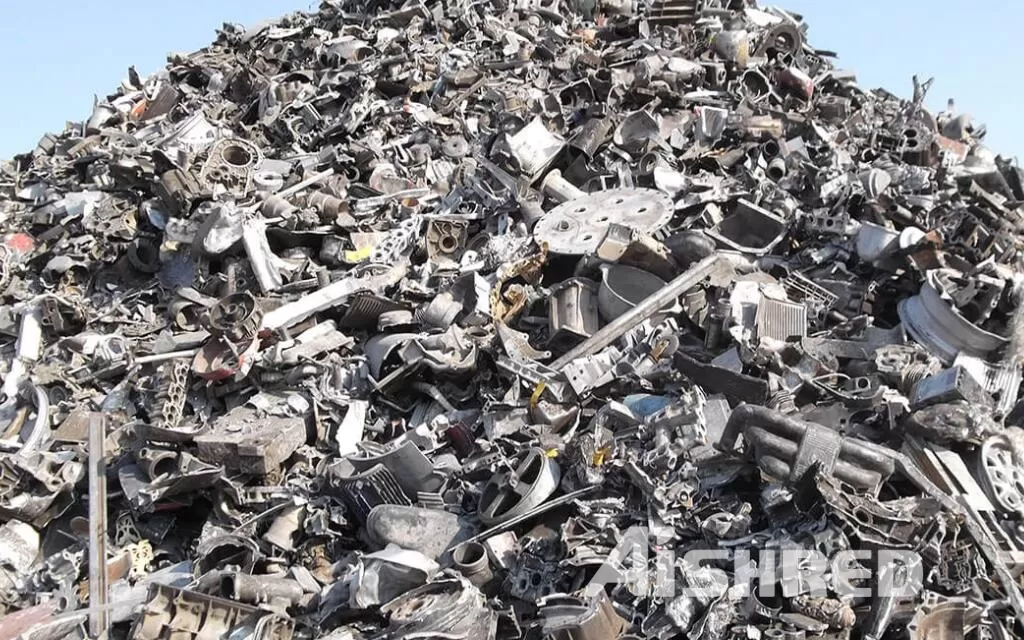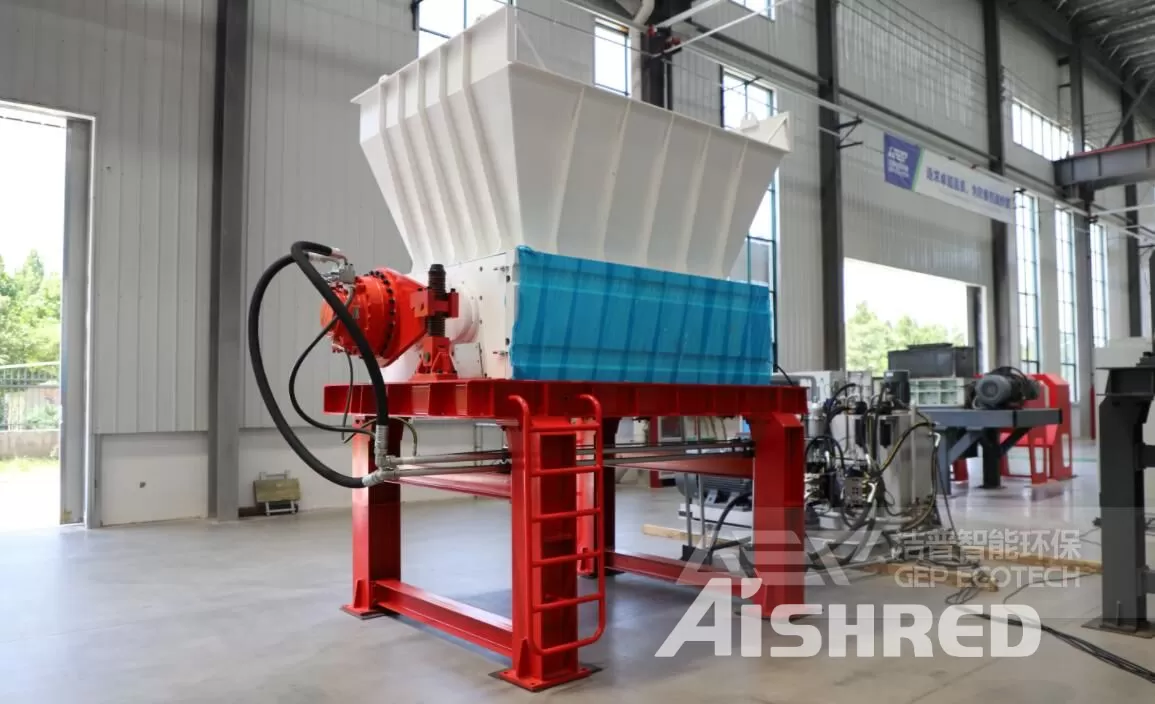Aluminum is one of the metals with the highest recovery rate and the largest demand in the world. The energy used for recycling waste aluminum is only 5% of the new aluminum from its ore bauxite, which is a very cost-effective and environmentally friendly business. Moreover, aluminum is infinitely recyclable, which means that it can be recycled repeatedly without losing the corresponding quality.
Aluminum and aluminum alloy products are widely used in our daily life, such as cans, doors and windows, electronic products, building templates, automobiles, etc. In recent years, the demand for aluminum in the world has gradually increased, and the price of aluminum has also experienced several rounds of increase. It has become an urgent task to improve the recovery of aluminum. So, what are the waste aluminum recovery processes and what equipment are needed? Let GEP ECOTECH give you a brief introduction.

Aluminium Scrap Recycling Process
The recycling of aluminum scrap is not a complicated process. It is a mature industry chain. Many organizations work together to achieve the recycling of aluminum scrap through the following processes.
Collection
Collecting all kinds of aluminum products (including beverage cans, aluminum foil and other waste aluminum products) from manufacturing plants, families, automobile recycling plants, recycling stations, or construction sites. Scrap aluminum can be mixed with scrap steel for collection.
Classification
Electromagnetic separation technology is used to classify mixed aluminum and metal. Since aluminum is a non-magnetic material, electromagnetic separation technology can separate aluminum well.
Shredding
The classified waste aluminum is shred into small pieces by a shear shredder. This is to make it easier to remove the packaging coating on the material and improve the melting efficiency.

Cleaning
Clean the sheared waste aluminum by physical or chemical process.
Melting
The waste aluminum is sent to a high-temperature, large capacity furnace and melted at a temperature of more than 1700℃. Various wastes generated in the melting process can be removed by machinery, chlorine, nitrogen, etc. In addition, aluminum alloys can be made by adding metals such as copper, zinc, magnesium or silicon in the molten state.
Cooling Molding
The molten aluminum is poured out and formed into ingots, which are transported to the aluminum processing or manufacturing plant to make new products.
GEP ECOTECH Recycling Solution
GEP ECOTECH can provide front-end processing equipment for waste aluminum metal recycling industry, including electromagnetic separation, eddy current separation, roller screen, crusher, compressor, etc. We can provide you with customized design proposals for free according to your project requirements. Should you have any questions about aluminum scrap recycling, please feel free to contact us.

